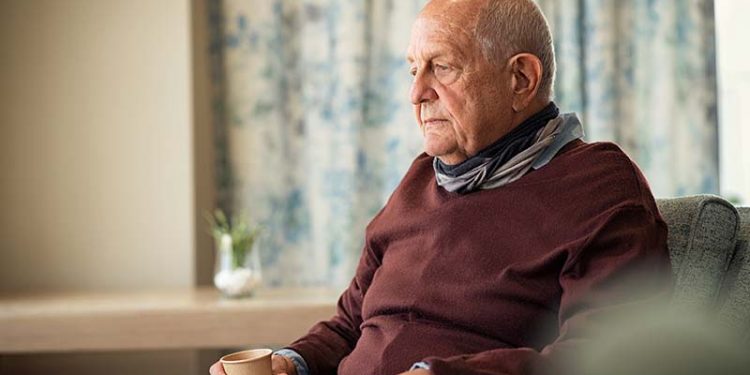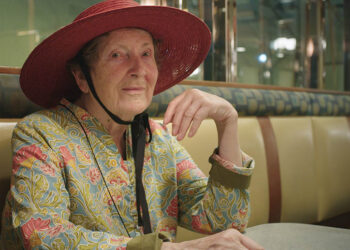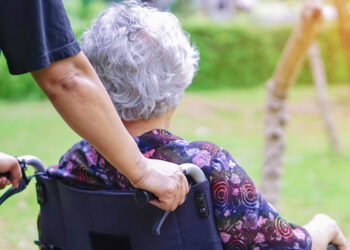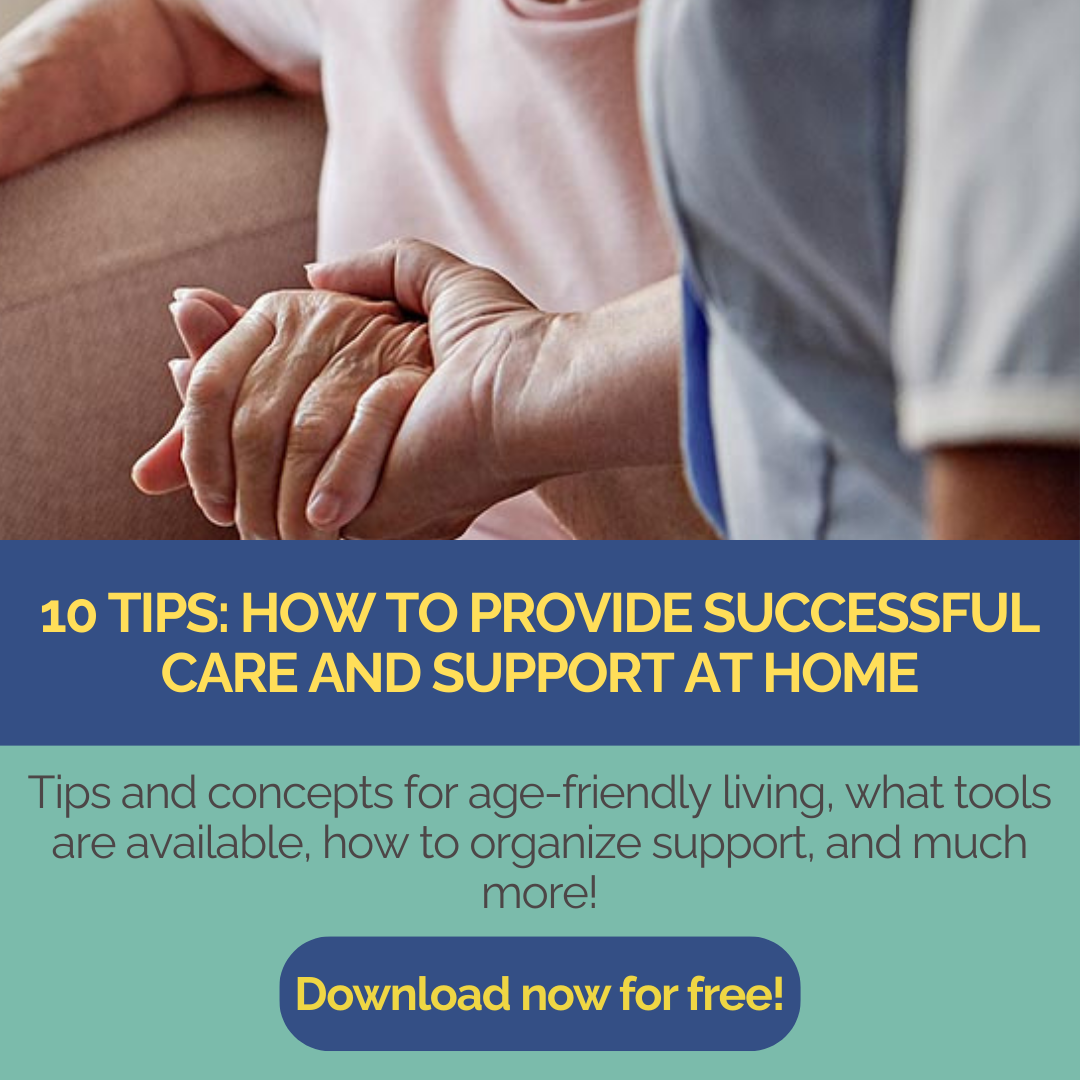Dieser Beitrag ist auch verfügbar auf:
Deutsch
It is underestimated, but is a major issue in our society, which is characterized by isolation: loneliness and its serious consequences for health. Loneliness is not just a social or psychological problem, but a serious threat to health. It is associated with serious illnesses such as depression, dementia, cardiovascular disease and cancer and is considered one of the most common causes of death.
Numerous scientific studies have shown that social isolation significantly increases the risk of various physical and mental illnesses. Older people in particular are susceptible to loneliness and its consequences due to age-related changes.
Loneliness: risk factor like smoking and lack of exercise
Loneliness is by no means just a subjective feeling of isolation, but has profound physiological and neurological consequences. Children perish without social contact, as experiments from the 1940s show. If there is no reliable caregiver, children lose weight and withdraw from their environment.
Experts such as the German neuroscientist and psychiatrist Manfred Spitzer believe that loneliness can drastically shorten life expectancy in a similar way to the risk factors of smoking or lack of exercise. People who are lonely over a longer period of time have a higher stress level, which in turn can lead to inflammatory processes in the body. These in turn promote the development of cardiovascular diseases, which are one of the most common causes of death in Western societies.
The lack of social interaction means that certain regions of the brain are less stimulated, which can also impair cognitive performance in the long term. Scientific studies show that loneliness significantly increases the likelihood of dementia and Alzheimer’s disease. Social isolation also has a negative impact on the immune system and increases the risk of chronic diseases such as high blood pressure and diabetes.
Loneliness in old age: A growing problem
Older people in particular are often affected by social isolation. The reasons for this are the loss of partners and friends, limited mobility and age-related illnesses. Retirement and withdrawal from work are also partly responsible for the decline in social networks. While social contacts are often taken for granted by young people, they increasingly become a challenge in old age. A lack of social interaction often means a downward spiral: without regular contact, there is a lack of motivation to get out of the house or engage in physical activity – which in turn further deteriorates health.

Loneliness is avoidable
Loneliness doesn’t have to be – there are ways to combat it. Accept help or offer your help to those affected.
👣 1. small steps count
Even a quick chat while shopping or a walk in the neighborhood can be the beginning. Closeness often starts with a smile.
📱 2. stay digitally connected
Keeping in touch with family and friends is easier with tablets, smartphones and the like – even over long distances. There are many simple learning opportunities for beginners. Neighbors and family members may be able to help you set up these technical devices.
🧑🤝🧑 3. living together instead of alone
New forms of housing such as multi-generational houses, senior citizens’ shared flats or assisted living promote encounters in everyday life.
☕ 4. share activities with others
Meetings in the neighborhood café, in the pensioners’ club, singing group, sports group or volunteer work: people who share interests often make friends quickly.
🚗 5. get picked up if necessary
Mobility is often a key to participation. Many municipalities offer transportation services or digital carpooling – simply ask whether these services are offered in your municipality!
💬 6. accept help – and offer it
Sometimes it helps to talk to others about loneliness. Advice centers, visiting services or even digital platforms can provide valuable contacts.
Read more: “Loneliness – the unrecognized disease”
“Loneliness – The unrecognized disease” by German neuroscientist and psychiatrist Manfred Spitzer sheds light on this socially relevant topic in a scientifically sound manner. We live in an ageing society that is facing challenges as a result,
Spitzer succeeds in presenting complex neurological and health issues in an understandable way and illustrating them with real-life examples. This book is particularly valuable reading for readers who are dealing with the challenges of ageing – whether professionally or privately.
The clear message of the book is that loneliness is not just an individual problem, but a challenge for society as a whole that needs to be addressed with preventative measures and targeted support. Anyone wishing to address the issue of social isolation and its effects will find Spitzer’s work an informative and thought-provoking analysis that encourages reflection and action.
Author: Anja Herberth
Chefredakteurin
















